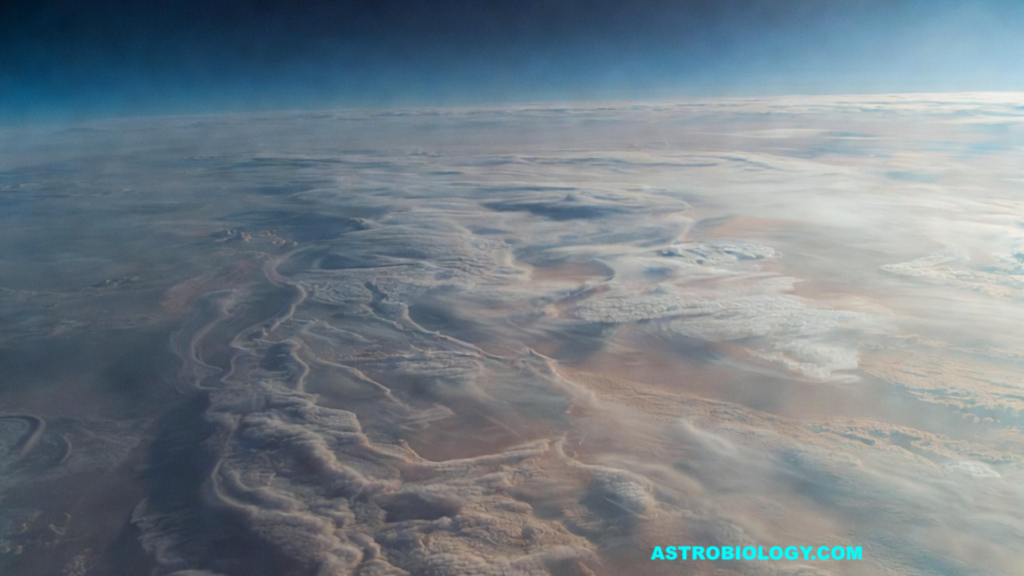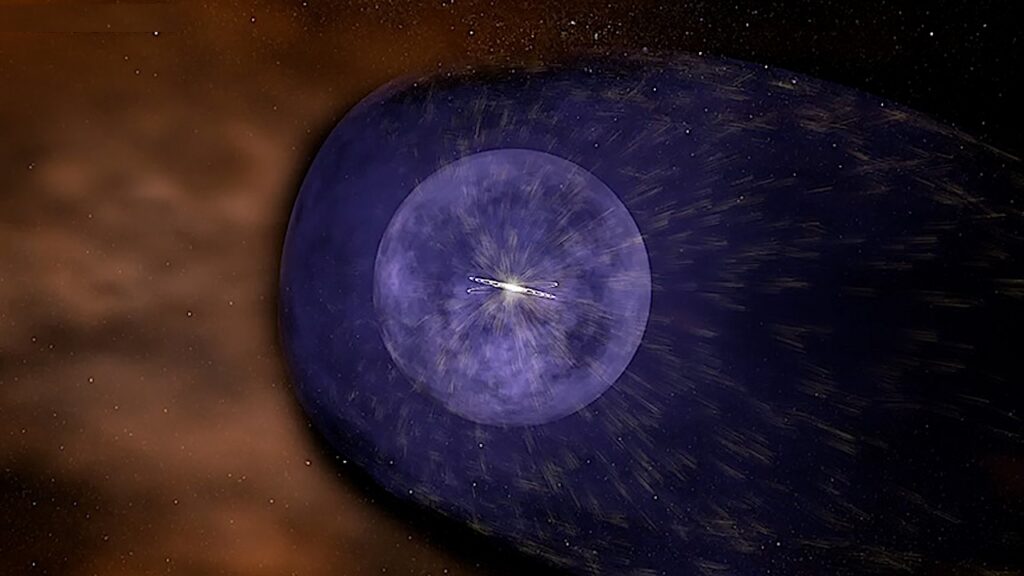Detection of H2O and CO2 in the Atmosphere of the Hot Super-Neptune WASP-166b with JWST

We characterize the atmosphere of the hot super-Neptune WASP-166b (P=5.44 d, Rp=6.9±0.3 R⊕, Mp=32.1±1.6 M⊕, Teq=1270±30 K) orbiting an F9V star using JWST transmission spectroscopy observations obtained with NIRISS SOSS Order-1 and NIRSpec BOTS G395M/F290LP.
Our combined spectrum spans wavelengths 0.85 to 5.17 μm (GO ID 2062, PI: Mayo). WASP-166b resides near the edge of the Hot Neptune Desert, a scarcity of intermediate-sized planets at high insolation fluxes; thus, exploring the atmospheric composition and formation processes of WASP-166b can provide insights into the mechanisms sculpting this parameter space.
Our POSEIDON free chemistry retrievals confirm the detection of H2O (15.2σ significance) and detect CO2 (14.7σ) for the first time in the planet atmosphere. We also find a hint of NH3 (2.3σ) and an intermediate pressure cloud deck (2.6σ). Finally, we report non-detections of CH4, CO, C2H2, HCN, SO2, and H2S. We verify our results using a TauREx free chemistry retrieval.
We also measure with POSEIDON a high planetary atmospheric metallicity (log(Z)=1.57+0.17−0.18, Z=37+18−13) and a potentially substellar C/O ratio for the planet (C/O=0.282+0.078−0.053) compared to the star (C/O∗=0.41±0.08), suggesting a formation pathway for WASP-166b that includes planetesimal accretion followed by core erosion or photoevaporation, which may indicate these to be plausible driving processes in the formation of the Hot Neptune Desert.
Andrew W. Mayo, Charles D. Fortenbach, Dana R. Louie, Courtney D. Dressing, Steven Giacalone, Caleb K. Harada, Emma V. Turtelboom
Comments: Submitted to AAS Journals, 42 pages, 21 figures, 9 tables
Subjects: Earth and Planetary Astrophysics (astro-ph.EP)
Cite as: arXiv:2501.00609 [astro-ph.EP] (or arXiv:2501.00609v1 [astro-ph.EP] for this version)
https://doi.org/10.48550/arXiv.2501.00609
Focus to learn more
Submission history
From: Andrew Mayo
[v1] Tue, 31 Dec 2024 19:12:19 UTC (19,071 KB
https://arxiv.org/abs/2501.00609
Astrobiology,








